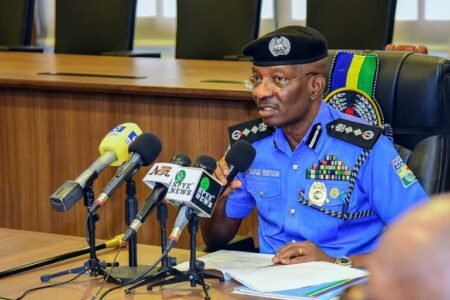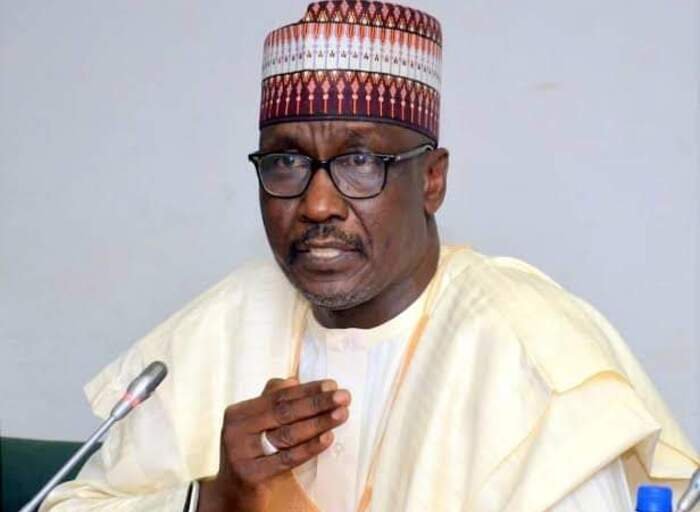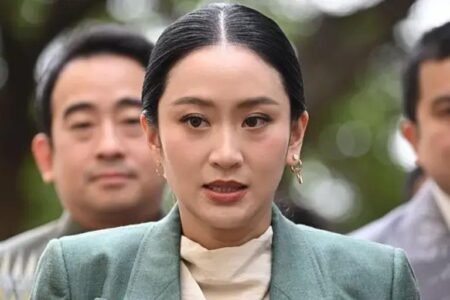Former Chairman of the Peoples Democratic Party (PDP), Alhaji Abubakar Baraje, has expressed confidence in the party’s ability to return to power in the 2027 general elections, brushing aside concerns over recent defections and internal divisions.
Speaking on The Morning Show on Arise TV on Wednesday, Baraje downplayed the impact of the recent wave of defections on the PDP’s strength, asserting that the party remains a resilient opposition force.
“As far as I’m concerned, whether there are defections or not, the PDP remains a formidable opposition party. Concerning the recent defection of the Delta State Governor and his team, we’ve put that behind us and are looking ahead. The ruling party is entitled to its views, but the opposition is far from complacent,” Baraje said.
While acknowledging the shock following the Delta Governor’s defection, Baraje emphasized the PDP’s ongoing internal reorganization.
“We are actively addressing internal concerns such as indiscipline and leadership structure,” he said, adding that the party’s National Working Committee would soon convene to push forward key reforms.
On the subject of political alliances ahead of 2027, Baraje urged caution, stressing that any coalition aimed at removing the APC must have a solid ideological foundation.
“While some argue that a coalition is needed to remove the APC in 2027, the ideological basis seems weak beyond that singular objective. I may not be part of the new coalition initiative, but it is important to recognise that there are multiple approaches to confronting the ruling party,” he noted.
Media mogul and PDP chieftain Dele Momodu also featured on the programme and warned that internal fractures within the party could jeopardize its ambitions.
“I believe Tinubu can only be effectively countered by another strong candidate from the North. Any Southerner who thinks they can challenge Tinubu is likely wasting their time. The PDP—or any coalition—must recognise that power dynamics require strategic thinking. They cannot expect success with a Southern candidate alone if they truly wish to contest Tinubu’s position,” Momodu stated.
He described the political terrain as increasingly deceptive and lamented the loss of ideological direction.
“We are witnessing a split within the PDP. Half of its members are involved in coalition talks, while the other half remain loyal to the party. This creates confusion. I recently spoke with our governor in Bauchi, who believes we shouldn’t abandon the PDP but should instead work to attract others to it. However, if the PDP resists change and chooses to remain stagnant, what options remain? A collapse of the party might need to be considered,” he warned.
Momodu also dismissed reports suggesting that former Vice President Atiku Abubakar could join the ruling APC.
“The claim that Atiku will join the APC is simply implausible; I can guarantee that. The APC itself is riddled with internal problems, lacking the discipline or cohesion to address critical issues,” he said.
Reflecting on the political mood in parts of the South, Momodu questioned the real benefits of recent defections.
“I saw people in Delta celebrating their alignment with the mainstream, but I wonder what tangible benefits have been delivered to the people over the years. For two decades, PDP founding members have been trying to connect with the populace akin to linking electricity to the national grid yet the results remain elusive,” he concluded.











